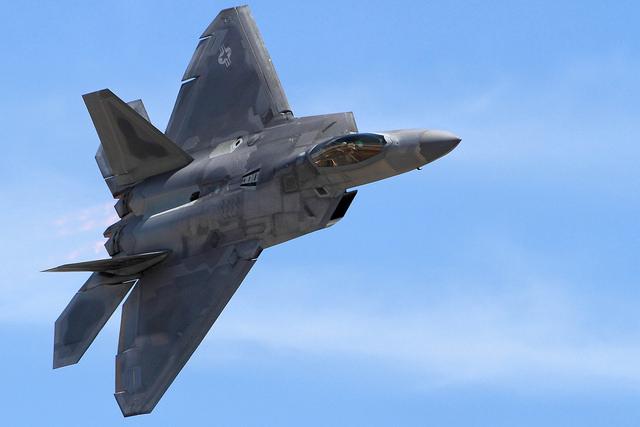
Sea State
A US Navy flotilla was refused entry by the Chinese government to the port of Hong Kong last week. Pentagon spokesman, Commander Bill Urban, said the US Navy had asked the Chinese to let aircraft carrier John C. Stennis and several other vessels to visit the port this week but had been denied access. This wasn’t without precedent—the PRC similarly denied a US aircraft carrier entry to Hong Kong in August 2014. In response, Randy Forbes, chairman of the House Armed Services Seapower and Projection Forces subcommittee has suggested the US should allow its aircraft carriers to visit Taiwan.
As we’ve discussed in previous weeks, Chinese fishermen are becoming increasingly bold in their attempts to expand the country’s maritime presence in the disputed waters of the South China Sea. Their actions have come under increased scrutiny in the past few months, due to run-ins with maritime authorities in Malaysian, Vietnamese and Indonesian waters. Last week, Reuters took a look at the strategic implications of China’s ‘fishing militia’, and The Washington Post has an in-depth analysis at the role Chinese fishermen are playing on the frontline of the dispute.
Flashback: Former US Navy research vessel Melville, which appeared in the 1976 monster thriller King Kong, has been donated to the Philippine Navy. The 46-year-old ship was turned over last Wednesday during a christening and commissioning ceremony in San Diego, and will arrive in the Philippines in June, where it will be used for hydrographic surveys and marine scientific research.
Flight Path
After last week’s debate about restarting F-22 production, the Raptor showed its continued importance to the US Air Force last week when two jets arrived in Lithuania after concluding a training mission in Romania. The F-22s are in Europe as part of the European Reassurance Initiative which, in the face of a resurgent Russia, is intended to reinforce the US’s commitment to the region. The discussion about whether to restart production of the Raptor has continued this week. This article from The Wall Street Journal argues that serious consideration is necessary, while this piece from The Diplomat suggests that export prospects would be key to restarting production. (Here’s a bonus video showing the F-22 Raptor’s first run of the famous British Mach Loop.)
Turning to East Asia, Japan’s experimental fifth-generation fighter X-2 prototype took its maiden flight last week—making Japan the fourth country to test-fly an indigenously developed stealth aircraft (the footage is here and here.) It’s been announced that Japan’s Acquisition, Technology and Logistics Agency has planned a one-year test campaign for the X-2, involving around 50 flights, and will decide by 2018 whether it will develop a fighter out of the X-2 prototype.
The debate continues over whether or not the F-35 will be an adequate replacement for the A-10 in performing close air support roles. Last week, US Senator Kelly Ayotte sought clarification about conflicting statements made by the USAF regarding close air support and which aircraft would perform the role at the Senate Armed Services Committee’s update on the F-35 program. You can read more and watch the exchange here.
Rapid Fire
A report commissioned by the government of Finland suggests that if Finland joins NATO it could instigate a ‘serious crisis with Russia, for an undefined period of time’. Released on Friday, the report also argued that it would be strategically advantageous if both Finland and Sweden joined the military alliance together rather than separately. However an assured path into NATO membership for Finland and Sweden is not guaranteed, with Estonian President Toomas Hendrik recently warning its Baltic neighbours of the risks associated with joining the Western alliance.
The US is developing a new lightweight .50-caliber machine gun to replace their M2 .50-cal model, the latter having the most sustained active service record in the US army armoury. Though the machine gun will take at least another year to reach production stage, it will be 30% lighter—in part due to a lighter titanium body.